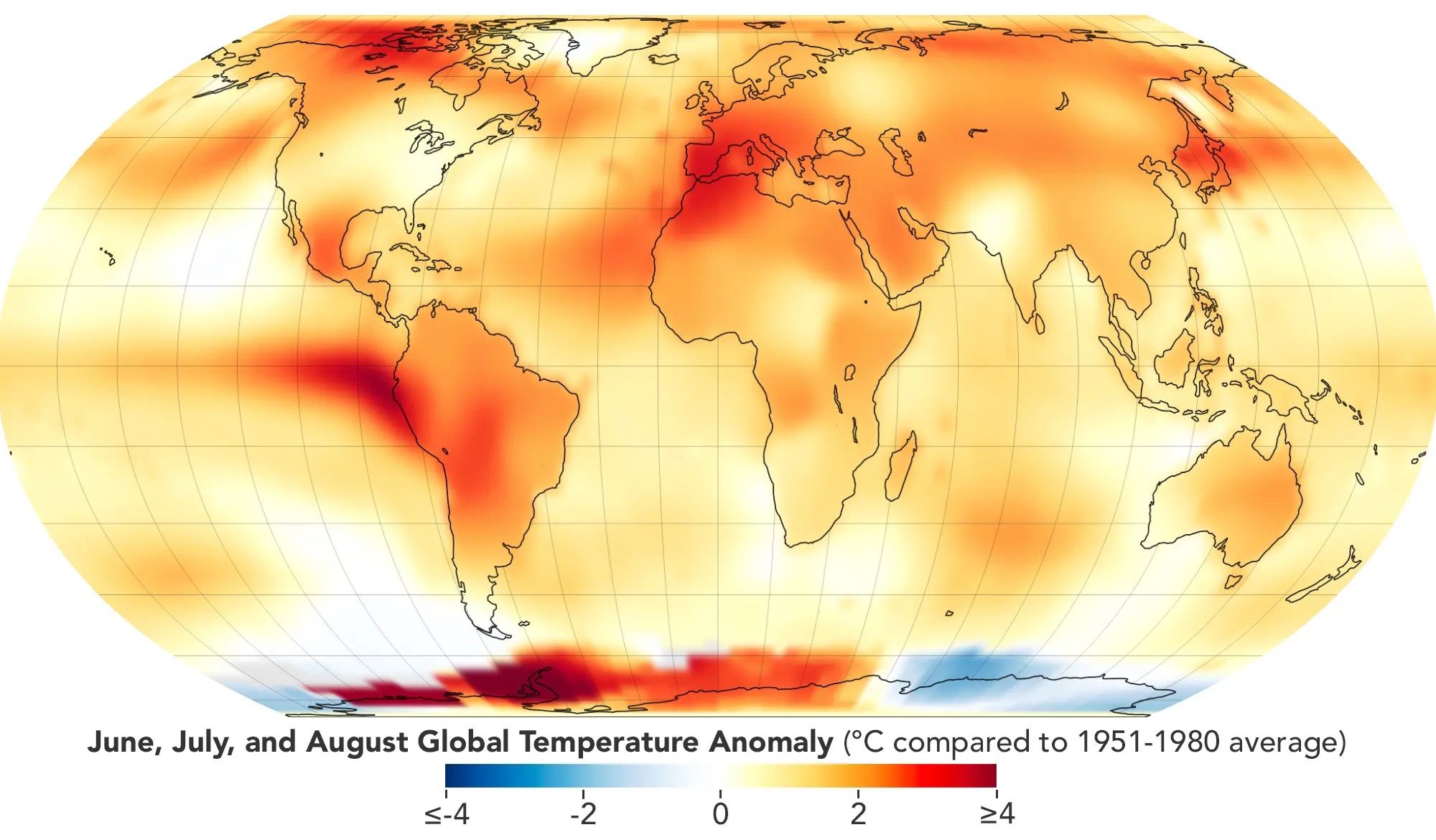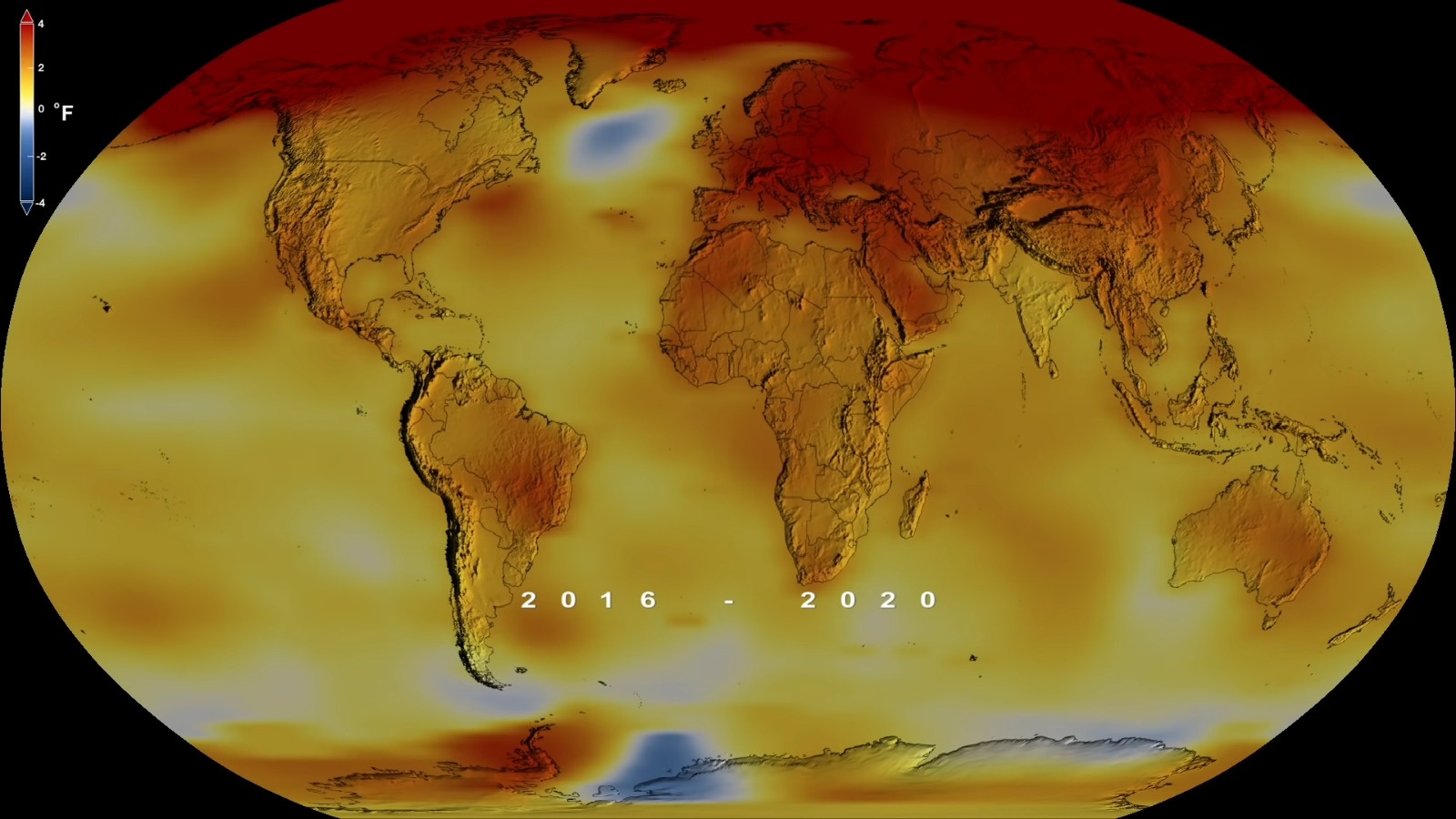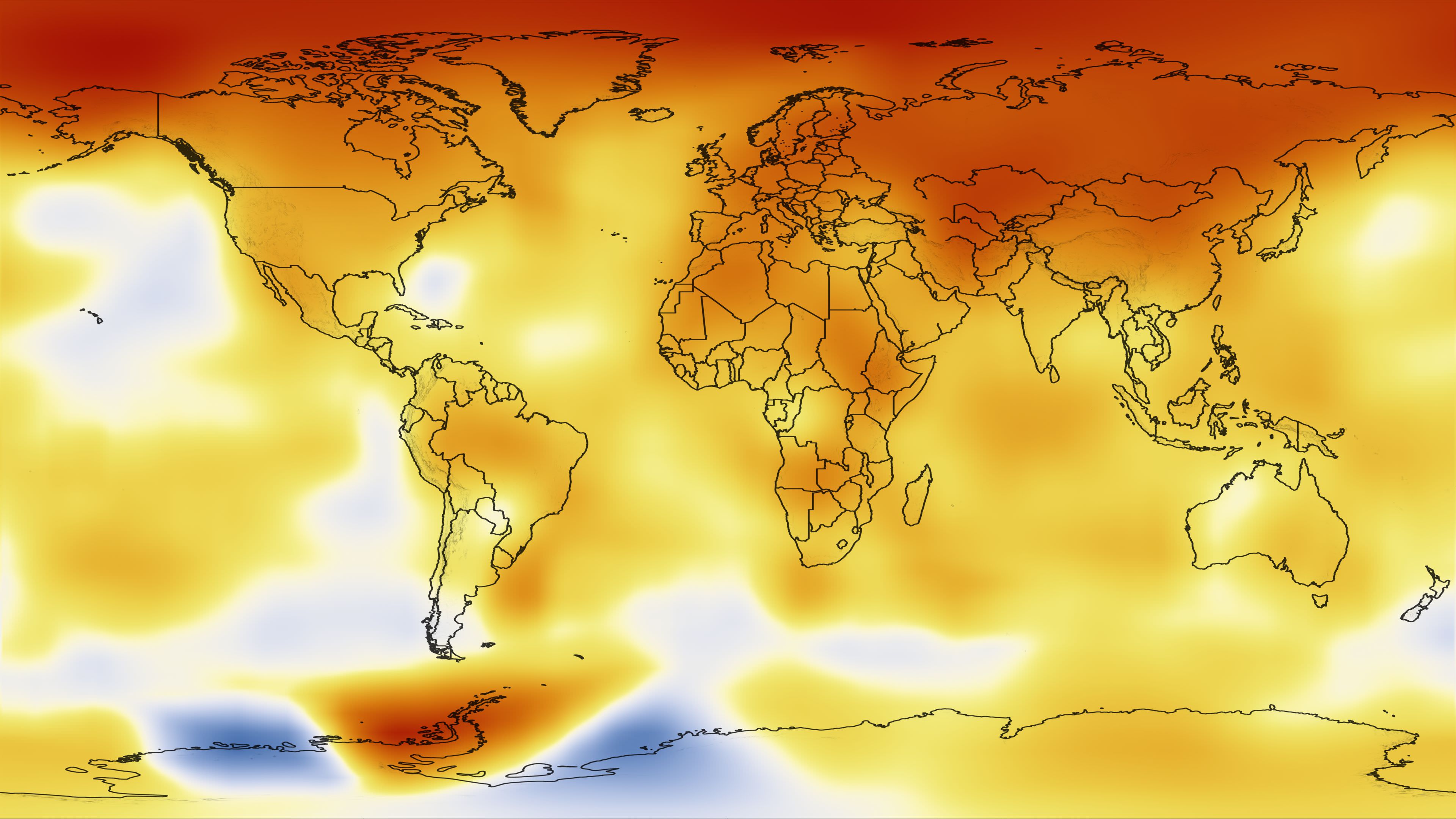Yesterday, NASA’s Goddard Institute of Space Studies (GISS) announced that the summer of 2003 was the hottest on record. This year saw a massive heat wave that swept across much of the world and was felt in South America, Japan, Europe, and the U.S. This exacerbated deadly wildfires in Canada and Hawaii (predominantly on the island of Maui) and are likely to have contributed to severe rainfall in Italy, Greece, and Central Europe. This is the latest in a string of record-setting summers that are the direct result of anthropogenic climate change.
Continue reading “NASA Confirms That 2023 was the Hottest Summer on Record”NASA Confirms That 2023 was the Hottest Summer on Record



